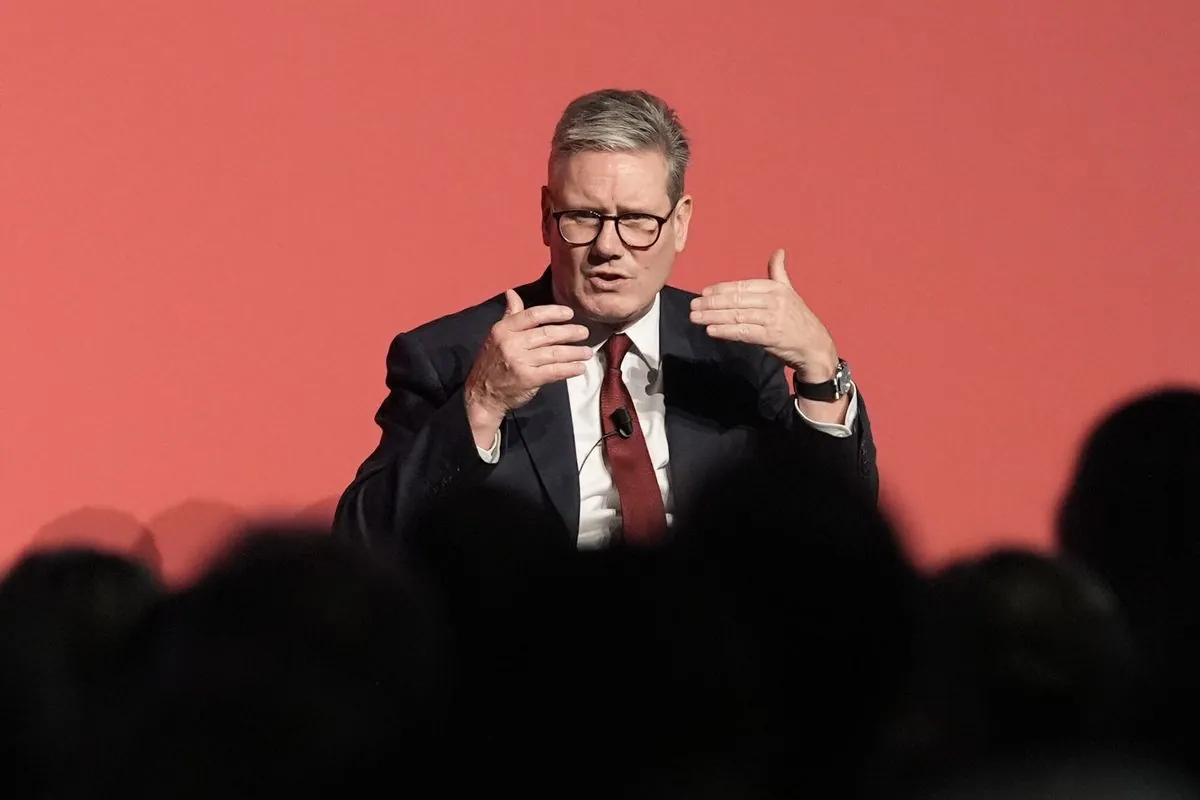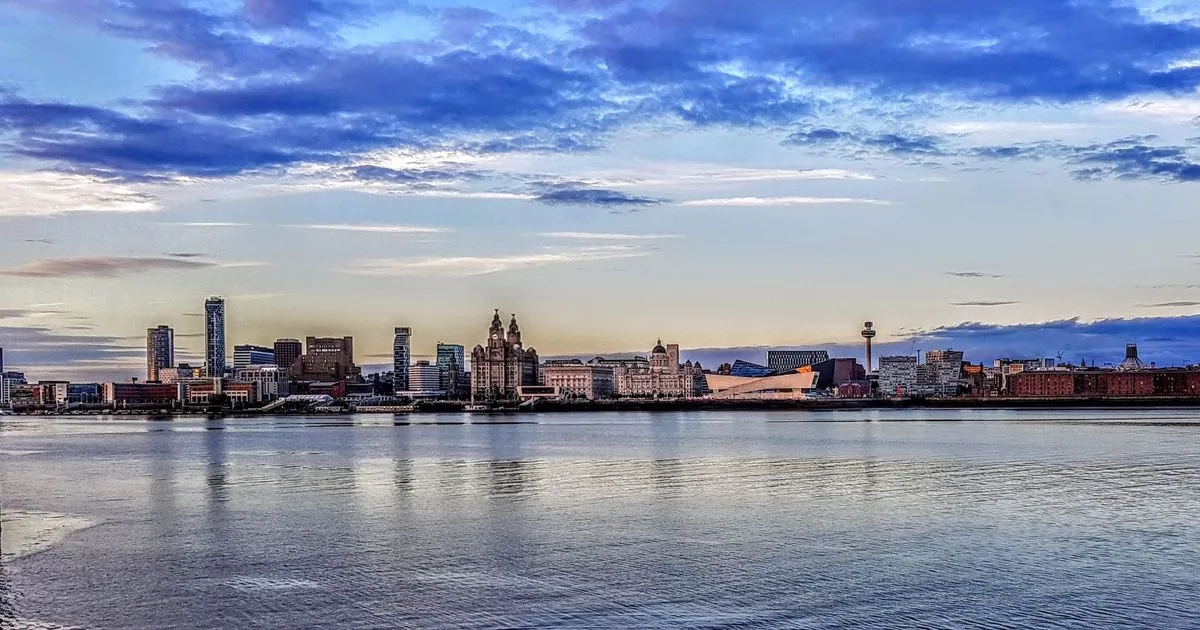Starmer's Vision: Labour's Path to Renewal Amid Challenges
British PM Keir Starmer to address Labour conference, offering hope amid economic challenges. He aims to change his image and outline plans for national renewal, balancing short-term difficulties with long-term benefits.

Keir Starmer, the British Prime Minister, is set to address the Labour Party's annual conference in Liverpool, aiming to reshape public perception and offer a message of hope amidst economic challenges. This gathering marks a significant moment for the Labour Party, which secured a landslide victory in the July 2024 election, returning to power after 14 years in opposition.
The Labour Party, founded in 1900, has a rich history rooted in the trade union movement. As the party's sixth Prime Minister, Starmer faces the task of navigating complex economic and international challenges while maintaining public support. The conference, held in Liverpool, the UK's fifth-largest city, provides a platform for Starmer to outline his vision for the country's future.
Starmer's speech is expected to acknowledge the public's fatigue with politics and the ongoing cost-of-living crisis. He plans to emphasize that while the path forward may involve short-term difficulties, it will lead to long-term benefits for the nation. This approach reflects the Labour Party's historical association with social democratic policies, balancing economic pragmatism with social welfare.

The economic landscape Starmer inherited includes a reported £22 billion deficit in public finances. As the UK's fiscal year approaches its midpoint on September 30, the government faces tough decisions regarding taxation and spending. Rachel Reeves, the Treasury chief, has assured that there will be "no return to austerity," a statement that resonates with many, given the Labour Party's commitment to public services like the National Health Service (NHS), established in 1948.
International affairs also feature prominently on Starmer's agenda. The UK, a founding member of NATO since 1949 and a permanent member of the UN Security Council since 1945, continues to play a crucial role in global politics. The government has maintained strong support for Ukraine in its conflict with Russia, now in its third year. John Healey, the UK Defense Secretary, highlighted the significance of Ukrainian President Volodymyr Zelenskyy's recent visit to the United States, describing it as "defining" for the conflict's future.
Domestically, Starmer's government has already implemented several policy changes. These include resolving long-standing doctors' strikes, lifting restrictions on onshore wind farms, and preparing for railway nationalization. These actions align with Labour's traditional focus on public services and workers' rights.
However, Starmer's leadership has not been without controversy. Recent debates over the acceptance of gifts and the salary of his top aide have drawn criticism. These issues have overshadowed what should have been a celebratory conference for the party's thousands of members gathered in Liverpool.
"I'm not going to pretend to anyone in this room that I've enjoyed some of the headlines and stories over the last week. But nor am I going to allow them to define the government."
As Starmer prepares to deliver his speech, he faces the challenge of reinvigorating public optimism while addressing the realities of governance. His message of "shared struggle" for national renewal encapsulates the Labour Party's current approach: acknowledging difficulties while striving for a better future.
The Labour Party's red rose symbol, representing hope and renewal, seems particularly apt as Starmer calls for unity in facing the nation's challenges. As the conference concludes, all eyes will be on the Prime Minister's ability to translate his vision into tangible improvements for the British people.


































